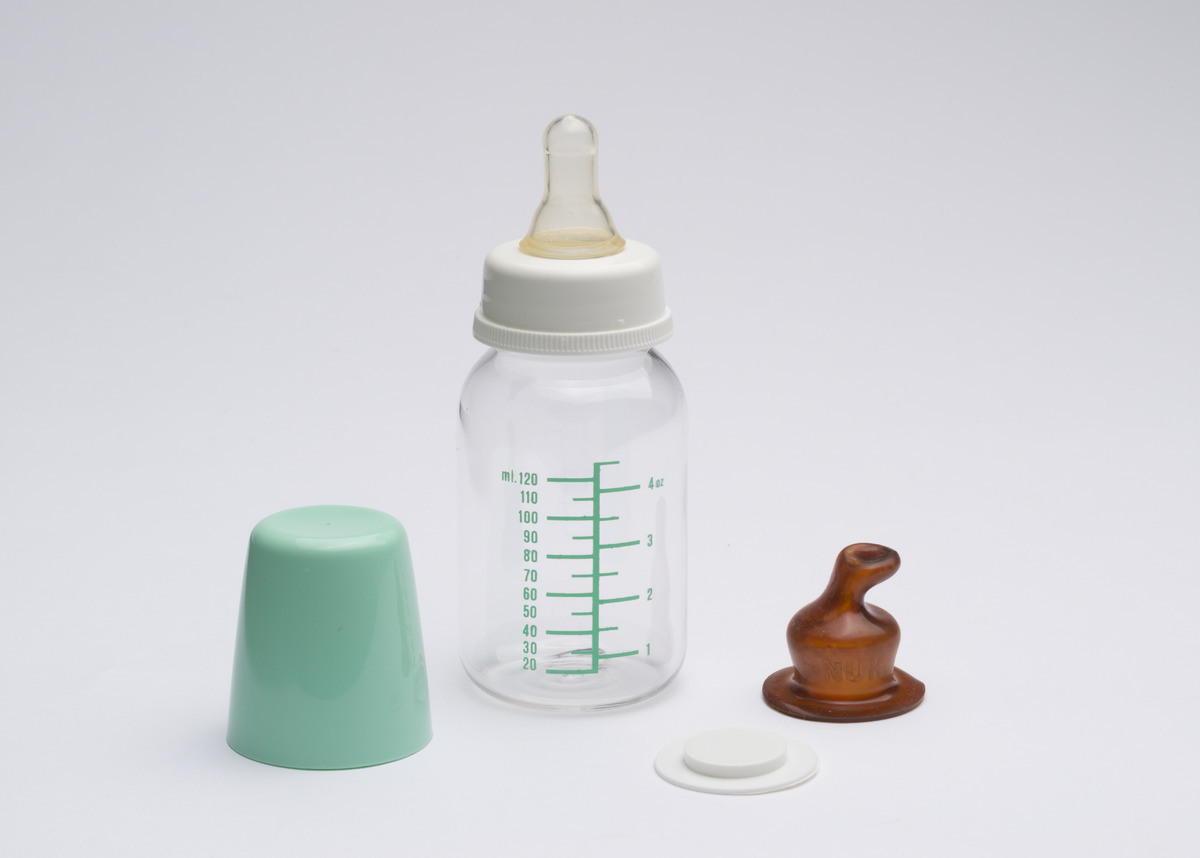Maternity package, also called ’the baby box’, has been present in the lives of Finnish families since the adoption of the Maternity Grants Act in 1937, and it is closely connected to the history and the present of the Finnish welfare state.
The research project, funded by Kone Foundation, explores the changing societal functions and the intergenerational meanings, experiences and memories related to the maternity package, and the baby box as an emotional and institutional object of the welfare state. In this wider socio-cultural-material perspective, the baby box is extremely rich with subjective and collective experiences that are multilayered, even sometimes contradictory. The project combines the methods of historical research and performative art.
*******************************************************************************************
Members of the project
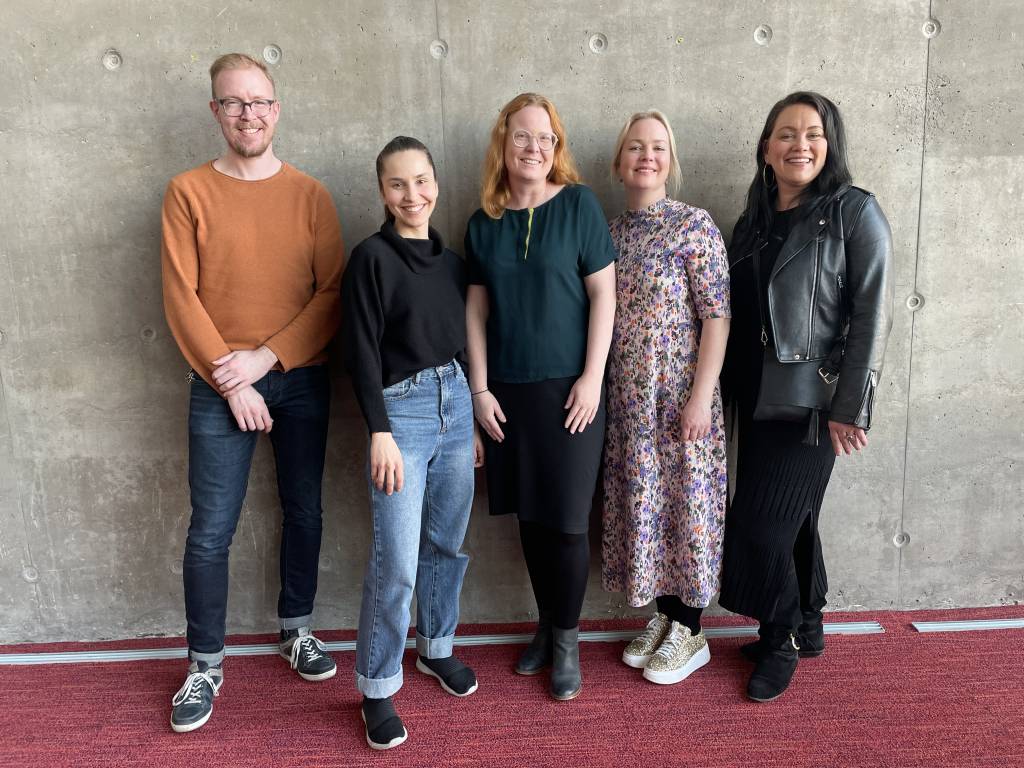
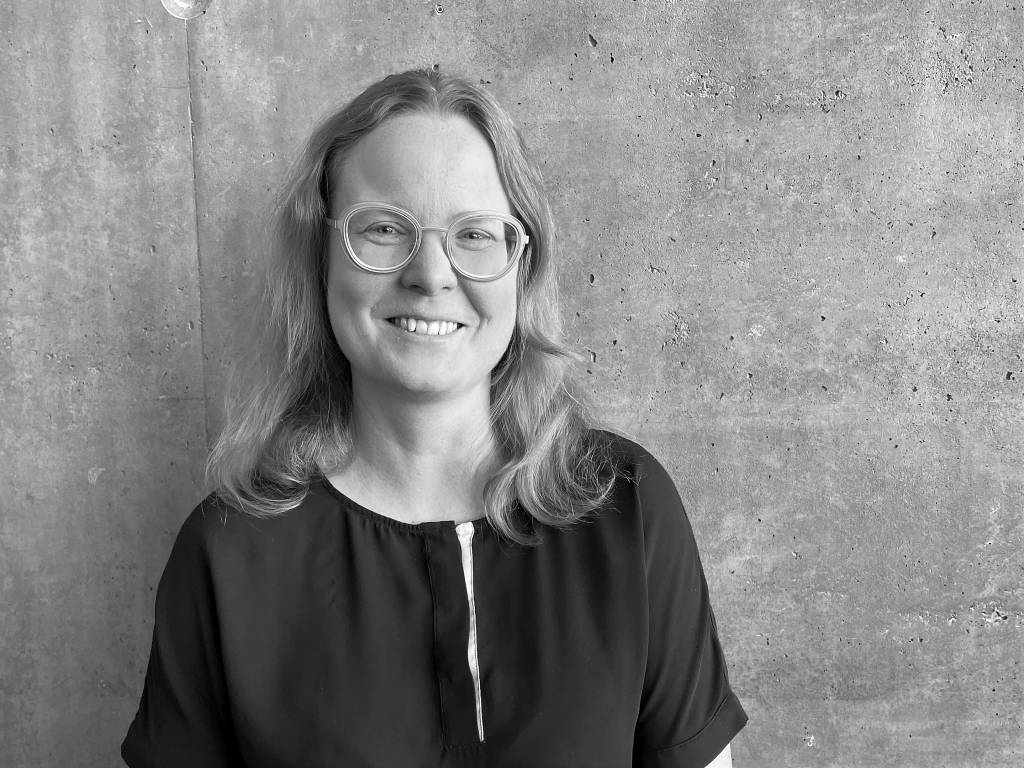 Tanja Vahtikari – PI of the project, Senior Lecturer, Tampere University
Tanja Vahtikari – PI of the project, Senior Lecturer, Tampere University
I am the PI of the project Baby box as an Emotional Object. My research themes include history of emotions and experiences, history of children, materiality, everyday nationalism, use of the past and heritage. I am a board member of the Academy of Finland Centre of Excellence in the History of Experiences and co-leader of the Lived Nation Team. My recent publications include e.g. Lived Nation as the History of Experiences and Emotions in Finland, 1800–2000 (Palgrave, 2021), co-edited with Ville Kivimäki and Sami Suodenjoki.
tanja.vahtikari@tuni.fi
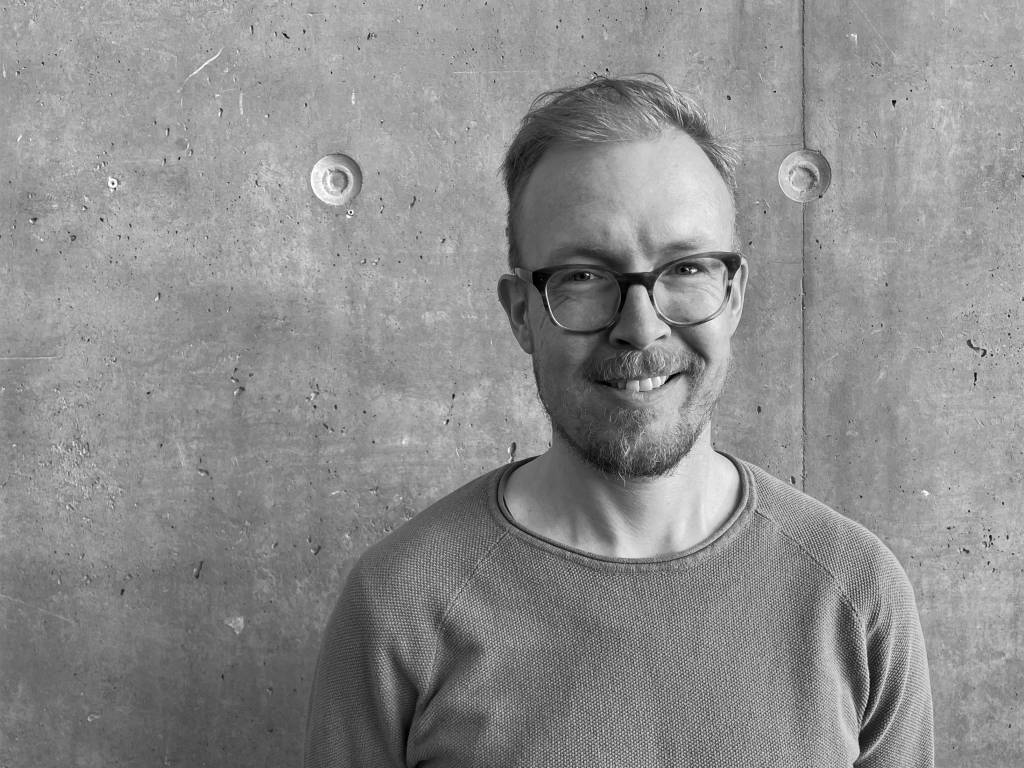 Henrik Mattjus – postdoctoral research, Tampere UniversityAs a member of the research project Baby Box as an Emotional Object I examine the early stages of the Finnish maternal benefit from the late 1930s to early 1950s. During the period in question the aid was transformed from a form of poor relief to an universal benefit for all childbearers. I am interested in the meanings and experiences attributed to the maternal benefit by the receivers of the aid. My hypothesis is that the experiences and meanings were more varied than the proponents of the maternal benefit had outlined. I will examine these varied meanings in relation to the prevailing public image of the maternity package as a symbol of the success of the Finnish welfare society.
Henrik Mattjus – postdoctoral research, Tampere UniversityAs a member of the research project Baby Box as an Emotional Object I examine the early stages of the Finnish maternal benefit from the late 1930s to early 1950s. During the period in question the aid was transformed from a form of poor relief to an universal benefit for all childbearers. I am interested in the meanings and experiences attributed to the maternal benefit by the receivers of the aid. My hypothesis is that the experiences and meanings were more varied than the proponents of the maternal benefit had outlined. I will examine these varied meanings in relation to the prevailing public image of the maternity package as a symbol of the success of the Finnish welfare society.
henrik.mattjus@tuni.fi
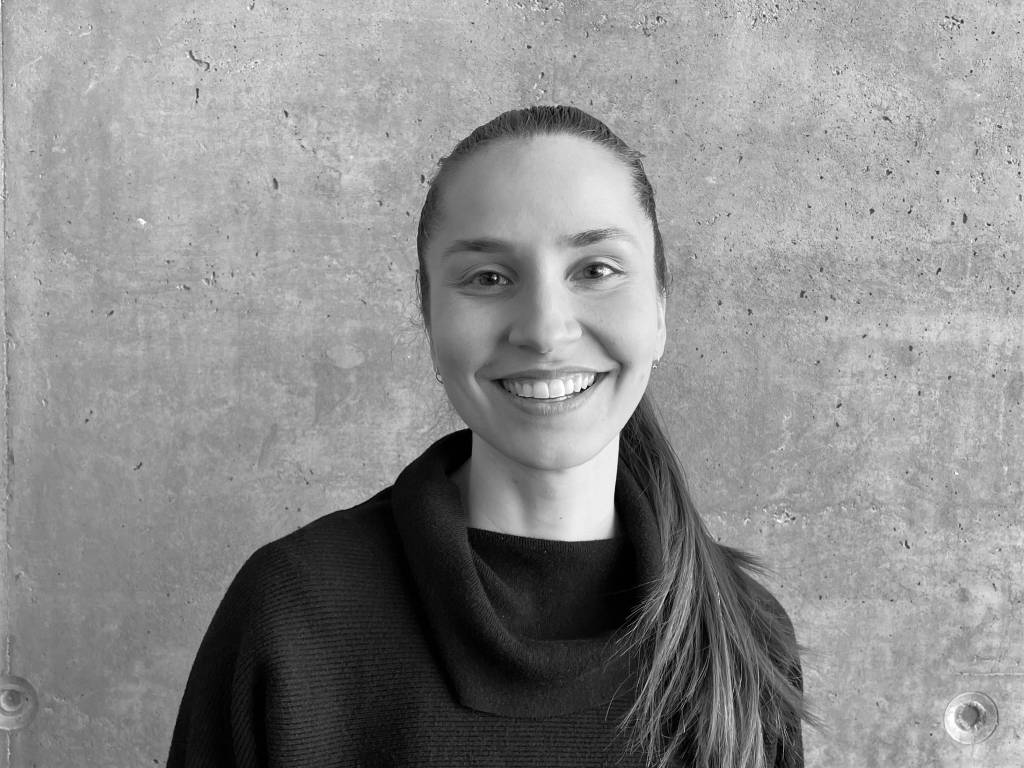 Jenni Räikkönen – doctoral researcher, Tampere University
Jenni Räikkönen – doctoral researcher, Tampere University
I am a doctoral researcher at Tampere University. In this project, I working with my doctoral research about the experiences of the baby box and, more broadly, the maternity care in postwar Finnish Lapland and the Sámi home region. I gained my Master’s degree in History at the University of Helsinki year 2020, and in addition, I have studied Anthropology and Gender Studies. I am interested in the history of bodies and experiences and applying new materialist theories in historical research.
jenni.k.raikkonen@tuni.fi
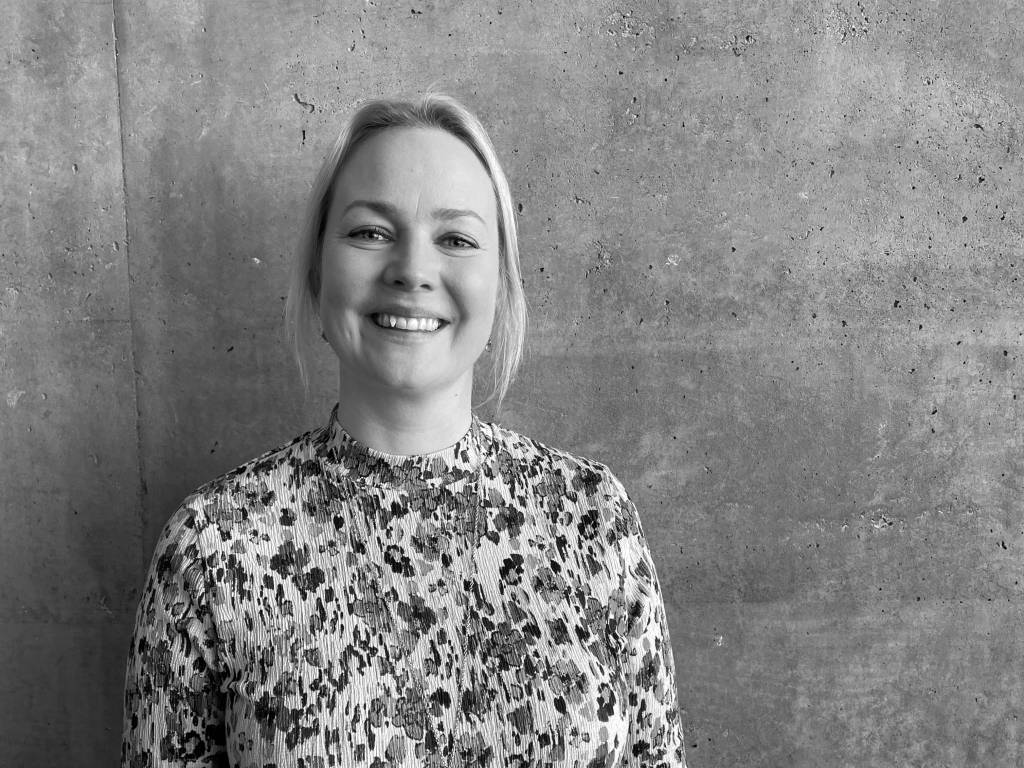 Hanna Vahtikari – Master of Arts, actress
Hanna Vahtikari – Master of Arts, actress
I am a Master of Arts (Theater and Drama), an actress, and in charge of the artistic part of the ‘Baby box’ -project. My artistic work focuses on people living on the margins of society, women prisoners. It looks at the welfare state and its beloved symbol from the point of view of female prisoners: do they, too, feel they are part of the Finnish success story?
hanna.vahtikari@gmail.com
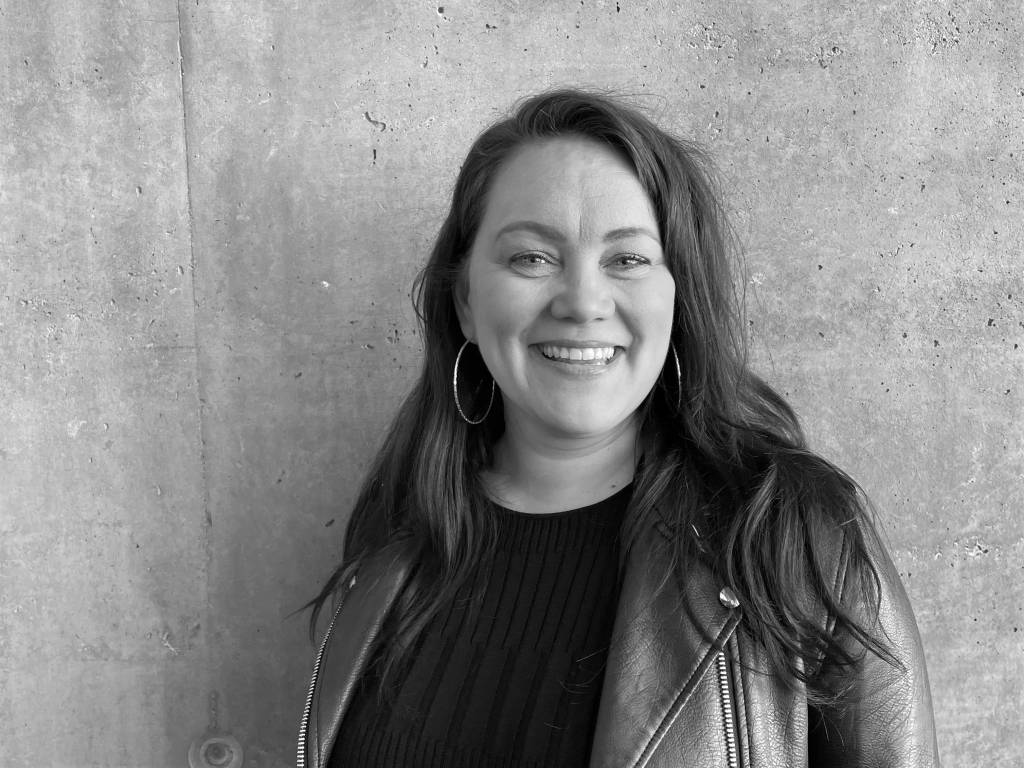 Elina Ylisuvanto – Master of Arts , actress
Elina Ylisuvanto – Master of Arts , actress
description coming soon
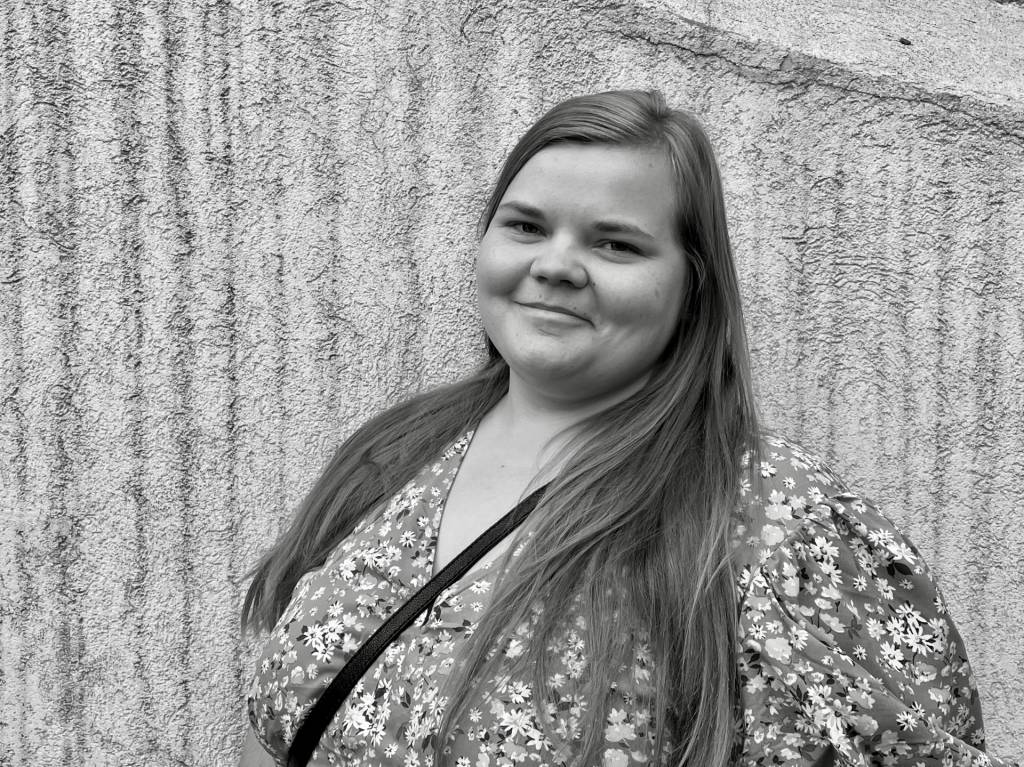 Maiju Remes – Social Anthropology student, Tampere University
Maiju Remes – Social Anthropology student, Tampere University
I am working on my Master’s dissertation as part of the ‘Baby box’ -project. In my dissertation I’m interested in the baby box from the point of view of South Asian immigrant parents in Finland. The baby box opens a few on a lager theme I’m interested in, namely, the experiences of parenthood in Finland.
maiju.remes@tuni.fi

